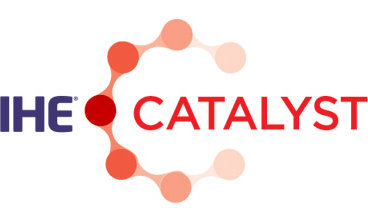Digital Health Transformation:
ZIMAM and IHE Catalyst Agree to Jointly Expand Interoperability & Health Information Exchange in MENA Region
Brussels, 26 November 2024 — Demand for healthcare is increasing in the GCC region, signaling an urgent need to increase efficiency and improve service quality and patient safety. In response, the International Digital Health Workforce Development Collaborative (ZIMAM) and IHE Catalyst have agreed to expand their collaboration in the MENA region, in what concerns Interoperability, Health Information Exchange and Innovation.
In a Memorandum of Understanding signed on November 7th, 2024 and valid for an initial period of five years starting January 1st, 2025, ZIMAM and IHE Catalyst have agreed to embark on common actions in the MENA Region, including:
- the organization of events such as training sessions, master classes and consultancy projects in the domain of digital healthcare transformation
- the promotion of standardization in creating common working groups to develop new ideas, specifications and business processes
- the creation of local IHE deployment committees
- the development of an interoperability laboratory in the GCC/MENA region to facilitate testing and uptake of international interoperability specification guided by governments, international institutions and other healthcare stakeholders
As a first step, both parties have agreed to set up a management committee tasked with creating a yearly joint action plan and roadmap of activities. Stay tuned for further announcements of joint activities in 2025.
Commenting on this announcement, IHE Catalyst Strategic Business Development Director Dr. Alexander Berler expressed enthusiasm, highlighting: “At IHE Catalyst we feel blessed to have achieved this collaboration with ZIMAM. We also feel confident that 2025 will be a year of successful joint achievements, promoting innovation, digital transformation, interoperability and human resources capacity building in the 21st century.”
Dr. Osama Elhassan, Chair of ZIMAM, said of the agreement: “I do believe that this agreement is a tipping point for the digital health interoperability domain in the MENA region as it will open the door wide to building cohorts of young talents with hands-on skills in health data interoperability and moving forward complex cross-border health data sharing projects such as cross-border IPS/IHE-centric data exchange scenarios. Additionally, this agreement will enable ZIMAM’s members to have a better exposure to IHE community especially technical committees, working groups and roster of experts to advance national and enterprise interoperability projects across several domains e.g. HL7v2, CDA, FHIR and DICOM.”
For media inquiries, please contact: info@ihe-catalyst.net or osama.elhassan@gccehealth.org
About ZIMAM: The International Digital Health Workforce Development Collaborative (ZIMAM) aims at promoting digital health as a discipline and establishing a talent-centric path for digital health sustainability. Our core mission includes cultivating a future-ready digital health workforce through continuous training, knowledge transfer and competency-based career-path development, the facilitation of international and regional collaborations that foster the exchange of experiences and best practices in digital health, and establishing digital platforms to empower talent from relevant domains through cross-border digital health credentialing programs.
About IHE Catalyst: The mission of IHE-Catalyst is to provide interoperability conformance assessment competency for national e-health projects, HIT users in regional hospitals or vendors developing new platforms. IHE Catalyst is the operational unit of IHE, which develops and maintains the open-source IHE Gazelle test management software, organizes test sessions and provides training, consultancy and support on using the Gazelle test management tools for conformance and interoperability testing with IHE Integration Profiles. IHE Catalyst supports procurement, development and deployment of IHE standards-based interoperability solutions.

